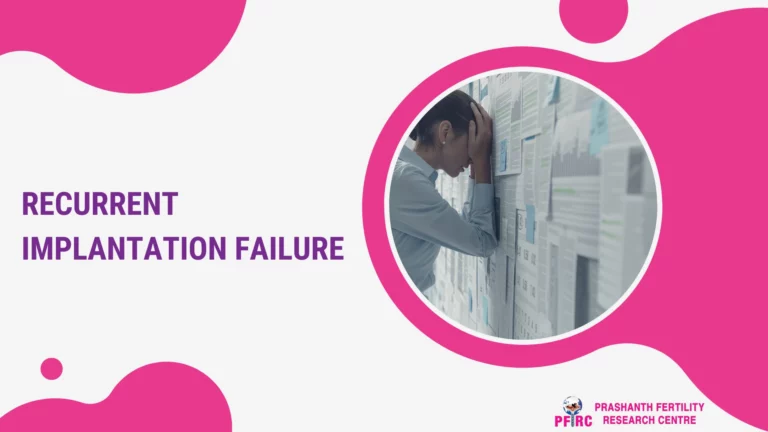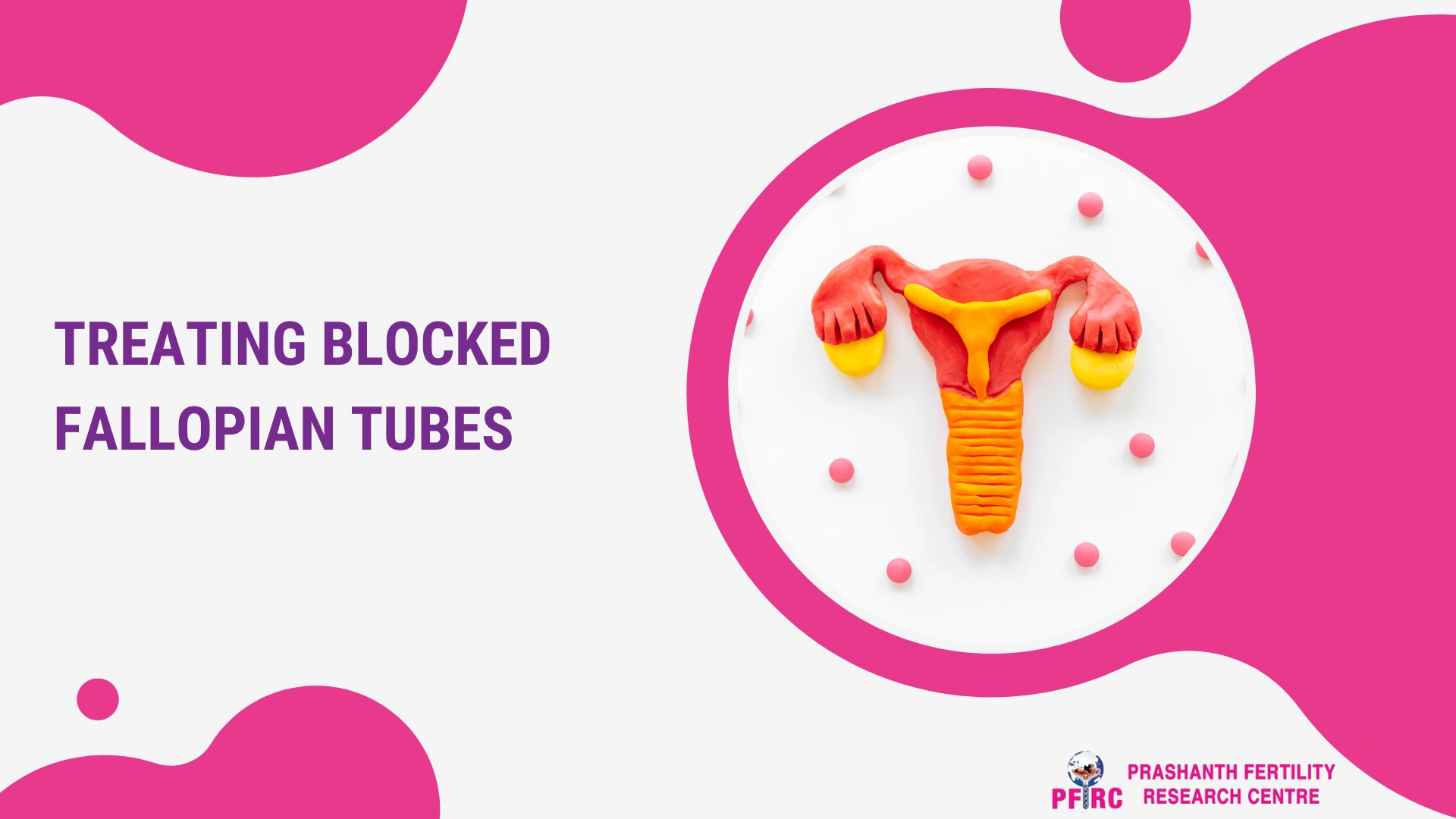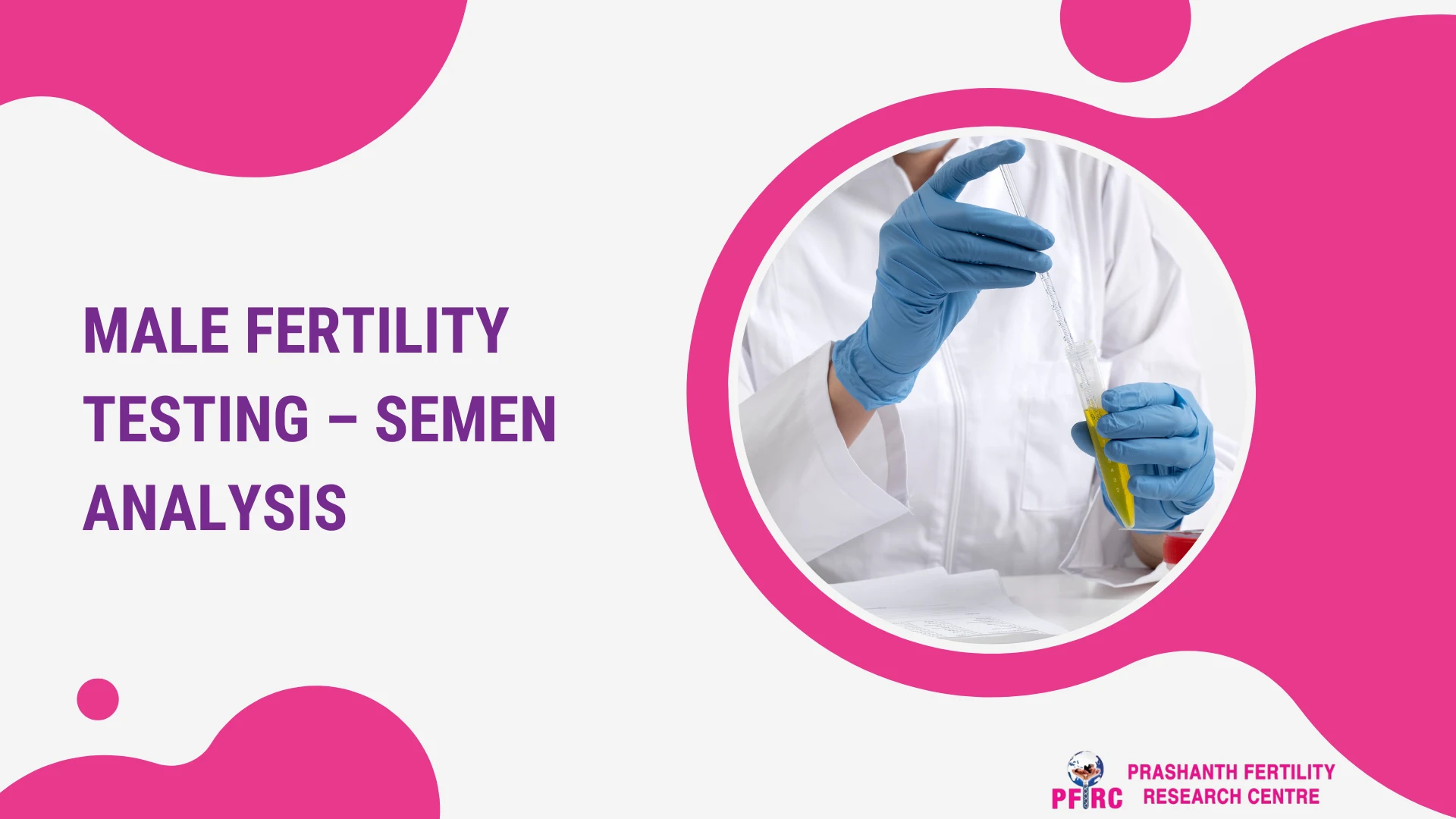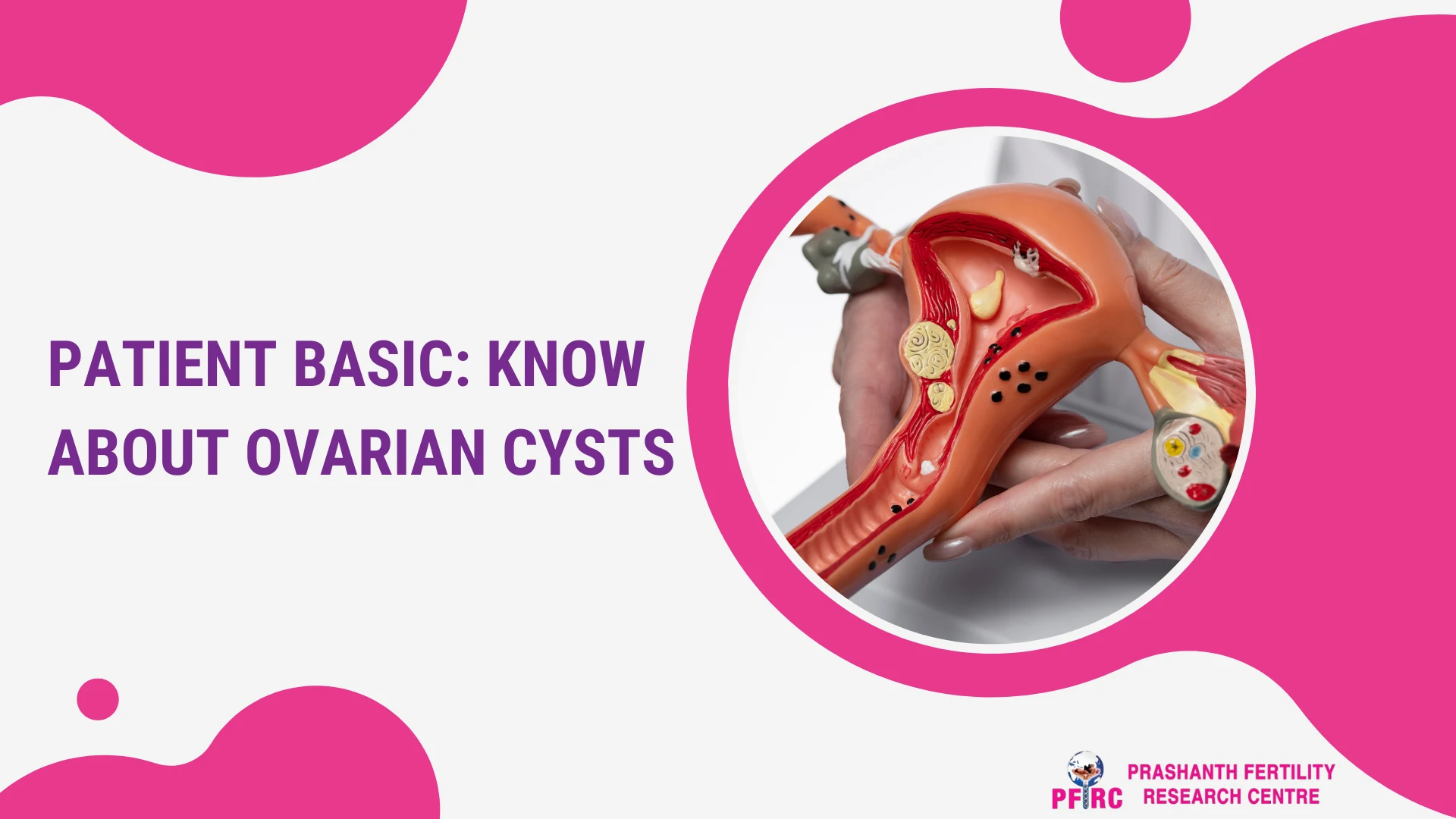Recurrent Implantation Failure (RIF) occurs when the embryo fails to implant in the uterine wall after multiple embryo transfers.
Pregnancy can occur only when the embryo is successfully implanted into the uterus. If this doesn’t happen, it means the IVF cycle has failed, and women have to go through the process all over again.
Implantation failure can happen for various reasons. But it is termed RIF only when failure happens under the following circumstances.
- The woman is less than 40 years of age.
- Minimum three failed embryo transfers with at least four good-quality embryos.
- It may happen in both fresh or frozen embryo transfers.
RIF affects about 10% of couples undergoing IVF. Though this condition is quite common, there are no proven diagnostic and treatment methods yet.
In this article, we will take a deep look into RIF and identify the causes and reasons for it.
Implantation failure causes
There are many causes for implantation failure, like the ones we saw above. Here are some of the most common reasons for failed embryo implantation.
Embryonic Causes
Sometimes, an embryo may seem to be of good quality, but it might have some chromosomal abnormalities that can’t be found easily. When these embryos are transferred, they won’t be able to implant in the uterus and cause implantation failure.
These chromosomal abnormalities can be caused due to abnormalities in the eggs and sperm used for fertilization.
- The eggs collected from women who are over 40 often have chromosomal abnormalities and can affect the embryo.
- Poor sperm quality due to health conditions like smoking, varicocele, DNA breakage, and other factors can also affect embryo quality.
It is best to conduct a Preimplantation Genetic Screening (PGS) test on these embryos to identify those with abnormal chromosomes.
Maternal Factors
When it comes to maternal factors, a mother’s age is the most probable cause. Not only will she produce eggs of low quality, but her body won’t be able to maintain the pregnancy till term.
The body gradually loses its strength as a person gets older. Forcing them to carry a baby for nine to ten months will put too much pressure on their body. Most embryos will fail to implant in the uterus, and even if they did, the chances of a successful pregnancy are slim.
Endometrial-Embryonic Dyssynchrony
This occurs when the embryo and endometrium are not in sync with each other. That is, the endometrium is not receptive to the embryo.
This is what doctors call the “window of implantation.” The endometrium needs to be tested to learn the time when it would be the most receptive to the approaching embryo. The right timing is crucial for implantation.
Uterine and tubal factors
Uterine issues like congenital uterine anomalies, endometrial polyps, submucosal fibroids, intrauterine adhesions, and adnexal pathologies like hydrosalpinx can cause RIF.
Most times, these issues go unnoticed until it is too late. Women should test for these issues if they experience recurrent implantation failures.
Thrombophilia
Research shows that hereditary thrombophilia is one of the causes of unexplained RIF in some women. Though it is not confirmed as causing RIF, more study needs to be done on it.
Lifestyle factors
An unhealthy lifestyle is one of the major causes of implantation failures. Lifestyle habits like smoking, alcohol, drugs, etc., can negatively impact your implantation rate.
Obesity and following an unhealthy diet are also some lifestyle causes of recurrent implantation failures.
How can I improve the success of implantation?
Recurrent implantation failure can be physically and emotionally stressful for many women. But they don’t have to worry. This issue can be rectified by following certain methods. Here are some tips to overcome RIF.
- Correcting uterine and tubal issues through laparoscopic and hysteroscopic procedures.
- Identify any chromosomal issues in the embryo through PGS (pre-implantation genetic screening). Ensure the best embryo is chosen for embryo transfer.
- Timing the embryo transfer according to the endometrial receptive array (ERA) reports.
- Take adequate rest after implantation. Don’t engage in too much physical activity.
- Continue taking the medications your doctor prescribed for you. They usually suggest women continue taking their progesterone (hormonal medication) until pregnancy is confirmed.
- Consider using donor eggs or sperm if the intended parents have genetic issues.
- Maintain a healthy diet and follow a healthy lifestyle to increase the chances of implantation
Conclusion
Failing repeatedly in the IVF cycles can be physically and emotionally stressful for women. However, it can be rectified as long as women understand the issue that leads to recurrent implantation failure.
FAQs
Maternal factors, such as uterine anomalies, hormonal or metabolic diseases, infections, immunological factors, thrombophilias, and other uncommon factors, are among the many causes of implantation failure.
Patients can visit their fertility doctor to get an idea of the causes of implantation failures.
It is believed that endometrial lining that is less than 8 mm thick is insufficiently responsive. It has also been proposed that an infection of the uterus can impede implantation by creating a less favorable uterine environment.
A rise in the endogenous amount of epinephrine might result from mental stress. A high dose of epinephrine may prevent human endometrial stromal cells from differentiating into their decidual state, which would, therefore, impact embryo implantation.








